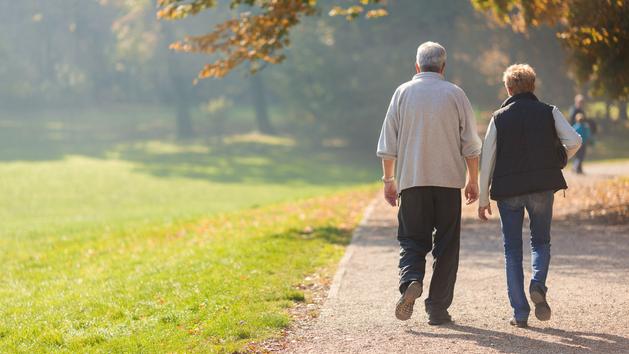Maxime Sbaihi is an economist and managing director of the liberal think-tank GenerationLibre.
France is facing a second wave of Covid and seems (once again) taken aback by sinking into a new confinement that does not say its name.
Despite a state of health emergency, huge public spending, the Ségur of health and a whole summer to prepare, it is clear that our hospitals are once again in a critical situation.
Faced with this bad feeling of déjà vu, let's not repeat the same mistake twice.
The generalized confinement that befallen France in March took us all by surprise.
It would be too easy, and intellectually dishonest, to judge a posteriori the merits of a decision taken in an emergency and the limit of knowledge available at the time.
But it would also be irresponsible not to learn from it with the information we now have.
We now know that generalized confinement amounts to wanting to kill a fly with a bazooka: it may be effective but the collateral damage is gigantic.
We now know that generalized confinement amounts to wanting to kill a fly with a bazooka: it may be effective but the collateral damage is gigantic.
Read also:
Reconfinement: other strategies were possible
The shutdown of our world and the sudden drop in activity is causing damage that we are only now beginning to perceive: businesses closing, increasing poverty, our public finances plunging into the red.
Not to mention the psychological devastation caused by the restrictions on freedoms and an anxiety-provoking climate that make invisible victims.
Our youth are paying a high price for these sacrifices.
Our youth pay a high price for these sacrifices and inherit a world of crises.
To go up the slope and avoid doing more damage, a new general containment must be avoided at all costs.
Without denying the gravity of the situation, we must strive to adopt more detailed health management and have the courage to look the reality of this epidemic in the eye.
This virus is discriminating by nature: it mainly attacks the elderly, disabled, overweight and chronically ill.
A young person under 20 who catches the Covid is 100 times less likely to have to be hospitalized and 8,000 times less likely to die from it than a patient over 80 years old.
The tension in our hospitals is a question of age.
The statistics communicated daily by Public Health France are relentless: since March, those under 30 have only represented between 1% and 3% of total hospitalizations in France, while the proportion of over 60s varies between 72% and 82 %.
This generational divide is even more striking in the resuscitation figures.
At the hospital peak of April 5, there were 104 people under 30 years of age in intensive care against 4454 over 60 years, a ratio of 1 to 43. It is a fact, the tension in our hospitals is a question of 'age.
It is the oldest among us who saturate hospitals because they are the most at risk, so it is they who must be protected as a priority.
If there is to be re-containment, it must focus on the most vulnerable people, therefore in priority the seniors, in order to facilitate the work of the hospital staff to save as much as possible.
As Christian Gollier reminds us, “
this solution is far from perfect, but the risk-benefit analysis clearly shows that it is the least bad of the solutions
”.
In the current context, the ideal solutions unfortunately no longer exist and we must be content to choose the least worst in the name of the general interest.
To read also:
"Many small bosses and traders will not survive a second confinement"
In return, the rest of the population must also take their responsibilities by respecting barrier gestures and wearing masks.
Contrary to the popular guilt-ridden discourse, our young people take the situation very seriously.
A recent
YouGov
poll
for Imperial College conducted in 29 countries reveals that half of those over 65 do not wear a mask while three quarters of 18-24 year olds do.
It is the assets of today and tomorrow that finance our social security and in particular the 26 billion euros of pensions that our retirees receive every month, crisis or not.
Our responsibility towards our seniors is also material and dictates to continue to keep the country going because, it should be remembered, it is the assets of today and tomorrow that finance our social security and in particular the 26 billion euros. pensions that our retirees receive every month, crisis or not.
Each of us must take responsibility for intergenerational solidarity to work in both directions. To impose the same restrictions on everyone without taking into account the generational bias of this virus is an aberration. "
There is no worse injustice than treating unequal things as well
," Aristotle taught us. Learning to live with the virus is therefore to realize that it will not disappear so quickly and that it is as dangerous for the lives of our seniors as the future of our young people. Let us act accordingly.

